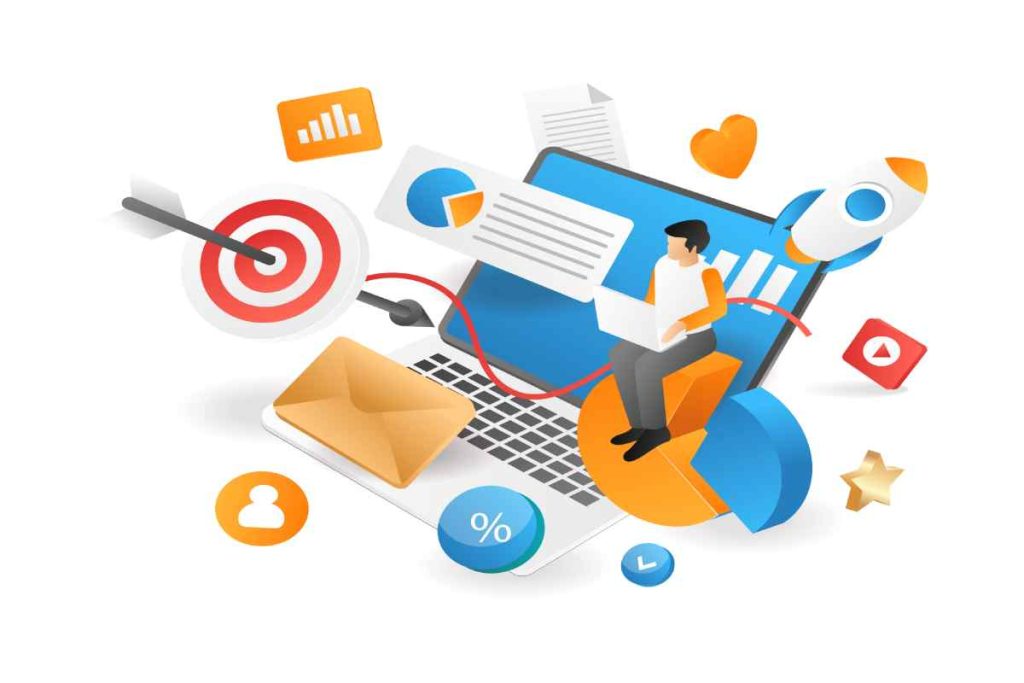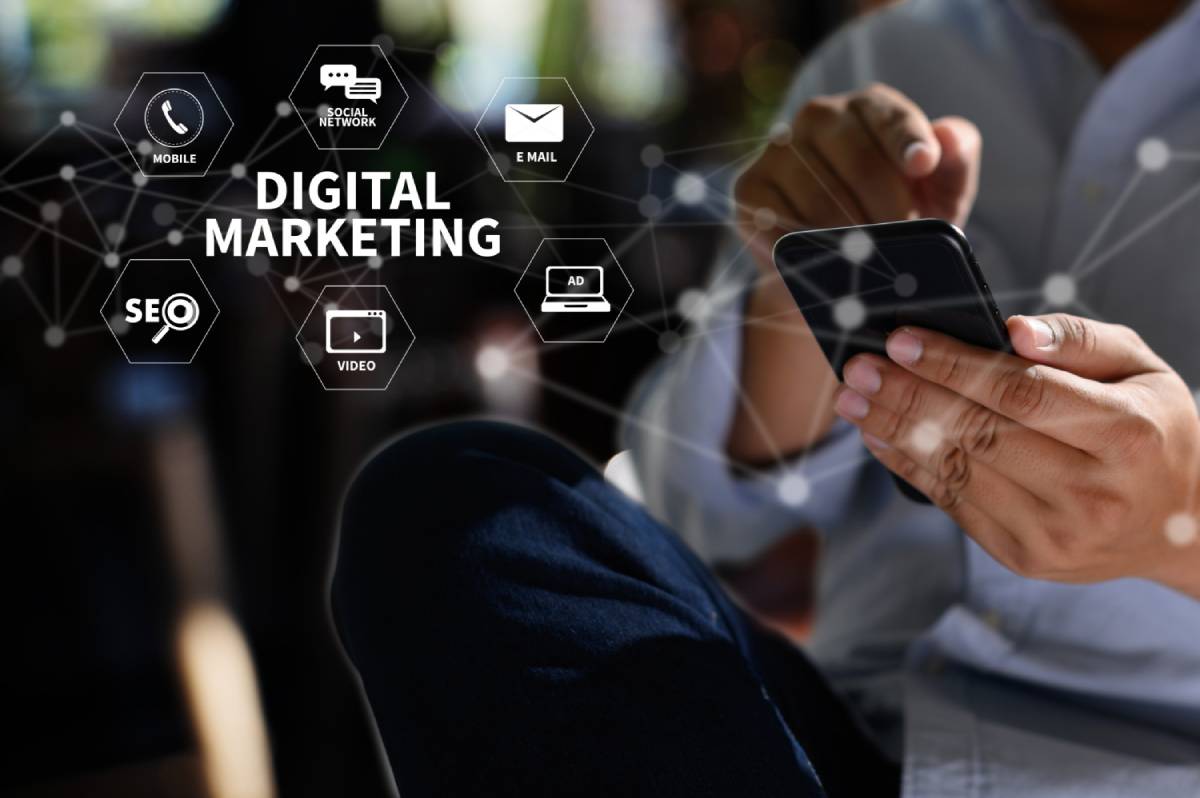Understand the Digital Marketing Landscape
To master digital marketing, you must first understand the vast landscape it covers. It includes everything from search engine optimization (SEO) and pay-per-click (PPC) advertising to content marketing, email campaigns, and social media. Each component plays a crucial role in building brand visibility and attracting customers. Knowing the strengths and purposes of each digital channel will allow marketers to build comprehensive strategies that align with their business goals and audience preferences.
Create a Customer-Centric Strategy
Putting the customer at the center of your marketing efforts is non-negotiable. Every campaign should begin by identifying your audience’s needs, challenges, and online behavior. Developing buyer personas based on research helps tailor messaging to the right people. When content speaks directly to the user’s interests, it drives engagement and builds trust. A customer-focused strategy ensures your brand message is both relevant and impactful, increasing the chance of conversions.
Master the Power of Content Marketing
Content is the backbone of digital marketing. Blogs, videos, podcasts, infographics, and whitepapers all play a role in educating, entertaining, and converting your audience. To succeed, focus on high-quality, informative content that answers specific user queries. Integrate SEO best practices like keyword research and internal linking for visibility. Well-planned content strategies help drive organic traffic and build long-term authority. A strong content foundation supports every other digital initiative.
Leverage SEO and Paid Advertising
A powerful digital presence requires a balance between organic and paid tactics. Search engine optimization improves visibility over time, while pay-per-click ads deliver quick traffic boosts. Combine these strategies by using PPC data to inform your SEO efforts and vice versa. Focus on optimizing for user intent, mobile-friendliness, and loading speed. A dual approach that integrates SEO efforts with paid campaigns creates broader reach and faster results.
Embrace Marketing Automation Tools
Marketing automation simplifies campaign execution and increases efficiency. Use tools like HubSpot, Mailchimp, or ActiveCampaign to segment audiences, schedule emails, and manage leads. Automation helps deliver timely, personalized messages without manual intervention. It also improves lead nurturing and customer retention through triggered workflows. By integrating marketing software into your strategy, you streamline processes and scale with ease. Automation is a cornerstone of smart digital systems.
Track KPIs and Analyze Data Regularly
Measuring performance is essential for growth. Define key performance indicators (KPIs) such as traffic, engagement, conversion rates, and ROI. Use tools like Google Analytics, SEMrush, or social platform insights to assess what’s working. Data-driven decisions eliminate guesswork and enhance strategy optimization. Regular analysis uncovers trends and opportunities for improvement. Strong data management skills are critical for mastering performance marketing.
Stay Agile and Adapt to Trends
The digital world evolves rapidly. New platforms, algorithm updates, and consumer behaviors emerge constantly. To stay competitive, marketers must be agile. Follow industry news, test new formats, and update strategies frequently. Staying informed helps you capitalize on trends before your competitors do. Agility ensures your marketing campaigns remain relevant and effective in a changing landscape. Flexibility is a defining trait of a modern marketer.
Conclusion
Mastering digital marketing requires a blend of strategy, creativity, and adaptability. From understanding your audience to leveraging data, every step plays a vital role in building a successful digital presence. By focusing on content, SEO, paid media, and automation tools, marketers can deliver personalized and powerful campaigns that drive results. Staying agile in a fast-paced environment ensures long-term success. The more you refine your skills and tools, the more effectively you’ll connect with your audience and grow your business.
Frequently Asked Questions
- What is digital marketing?
- It’s the use of online channels like SEO, social media, and email to promote products and engage customers.
- Why is content important in digital marketing?
- Content attracts, educates, and converts users while supporting SEO and brand authority.
- What tools help with digital marketing?
- Tools like Google Analytics, SEMrush, HubSpot, and Mailchimp help with tracking, automation, and strategy.
- Is SEO better than paid ads?
- SEO builds long-term traffic, while paid ads offer quick results—ideally, use both together.
- What does marketing automation do?
- It automates tasks like email campaigns, customer segmentation, and lead nurturing.
- How do I know if my campaign is working?
- Track KPIs like traffic, conversion rates, and ROI using analytics tools.
- How often should I update my strategy?
- Review and update strategies quarterly or when new trends or data emerge.
- Do I need a blog for digital marketing?
- Yes, blogging boosts SEO, provides value to users, and helps build brand trust.
- Can small businesses master digital marketing?
- Absolutely—digital tools and targeted strategies make it accessible and effective.
- What’s the first step to getting started?
- Define your goals, understand your audience, and build a strong content strategy.







